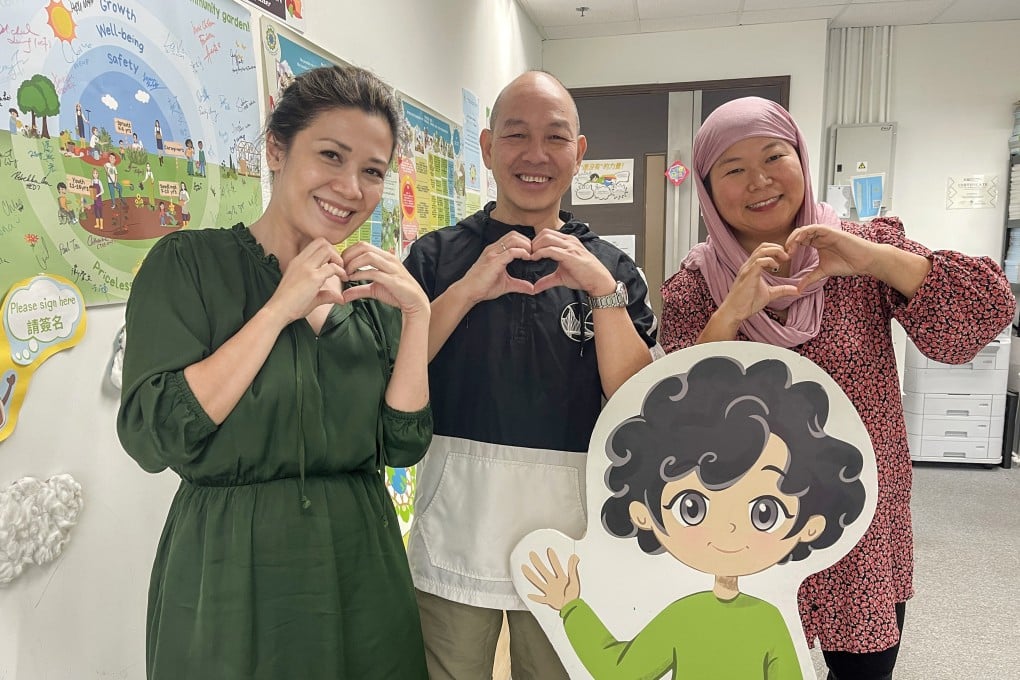How group is sowing SEED of self-value among Hong Kong’s SEN children
Be Priceless will offer courses and workshops to more children with special education needs using funding from Operation Santa Claus

A Hong Kong charity that has designed courses for children and young people with special education needs (SEN) and workshops for their families to strengthen their mental, physical and social health will be able to serve more of those in need, thanks to extra support from an annual fundraising drive.
Starting next year, the charity, Be Priceless, will conduct courses and family workshops for 125 children aged from four years to 17 and youth in the 18-25 group, as well as 195 carers. The courses and workshops are designed to improve not only their health, but also their well-being, safety and relationships.
Czarina Leung, who served for 20 years as an ICU doctor, then as a public health worker, including for the World Health Organization, founded Be Priceless in 2015 to address the problem of an increasing number of Hong Kong children living with anxiety and depressive symptoms, and the rising prevalence of violence against children in recent years.
The charity’s courses are called SEED, which stands for Self-Value, Empower, Educate, Protect from Dangers. They lay the foundation for health by focusing on personal growth, well-being, safety and relationships.

“We focus on cultivating healthy behaviours at all levels – child, caregiver, families, community groups, schools,” Leung said.
